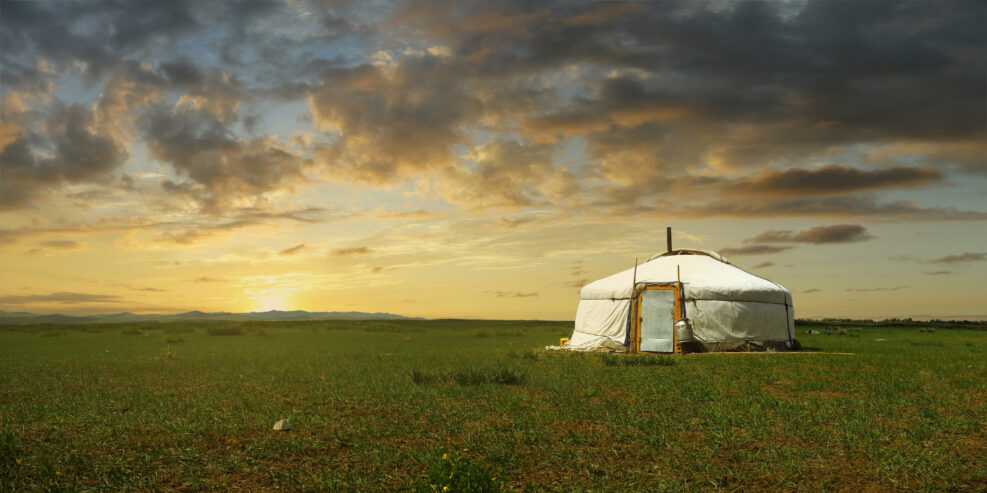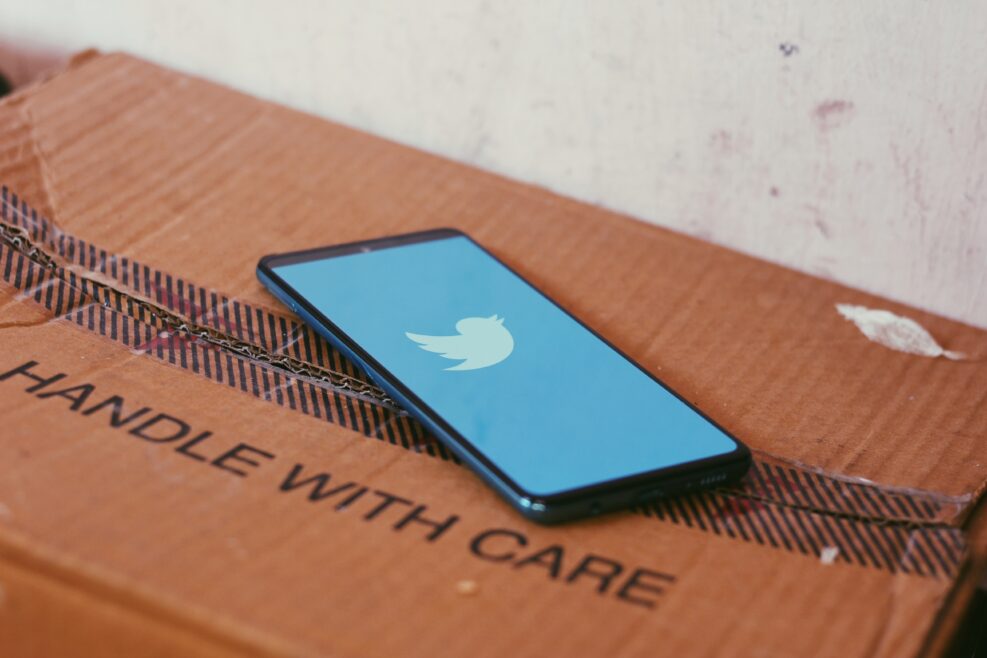
High-Tech Suppression of China’s Mongol Region Provokes Protests
But Mongolian protesters against Chinese-dominated schools are threatened with loss of social credit, which means no jobs or loansChina is removing the Mongolian language and culture from the curriculum and textbooks in Inner Mongolia (see outline map), an autonomous region in China. In August, leaked government documents showed that language and literature, civics, and history will be taught in Mandarin rather than Mongolian in schools where Mongolian is the primary language. Additionally, the new textbooks replace stories about historic Mongolian heroes with Chinese ballads and expunge a popular folk verse that expresses pride in the Mongolian culture and language. In response, many parents in Inner Mongolia (called Southern Mongolia locally) have been keeping their children from attending school on September 1. In retaliation, state authorities threaten their jobs and social credit status: Southern Mongolia has quickly become a Read More ›


















